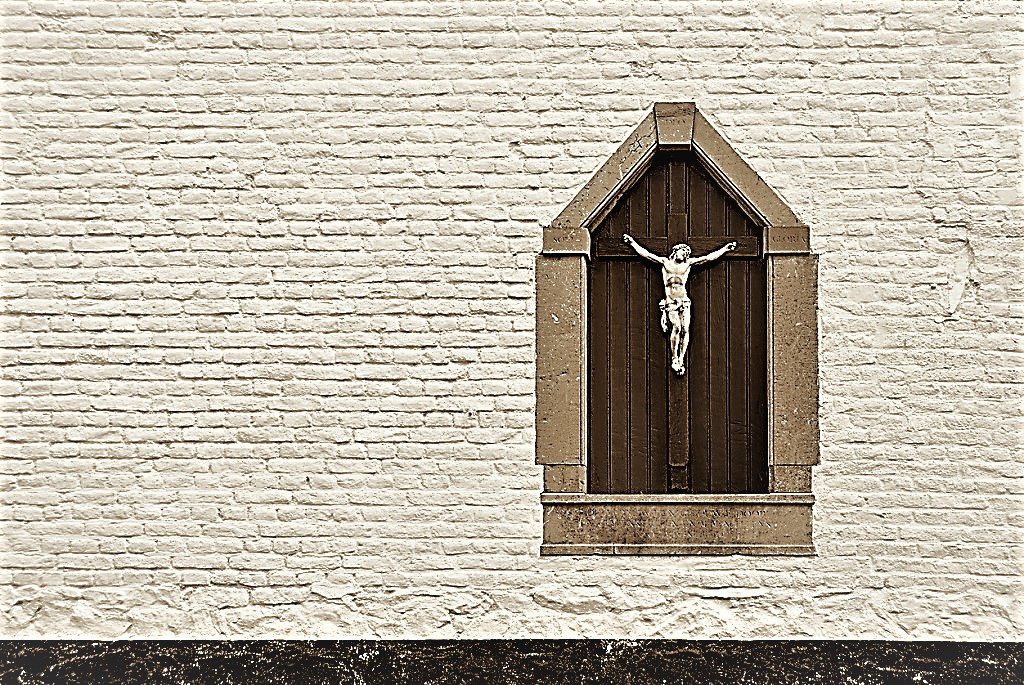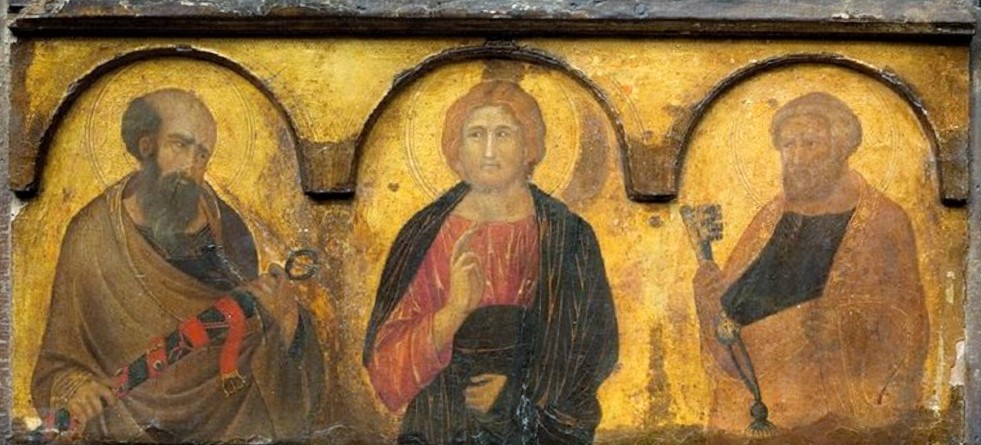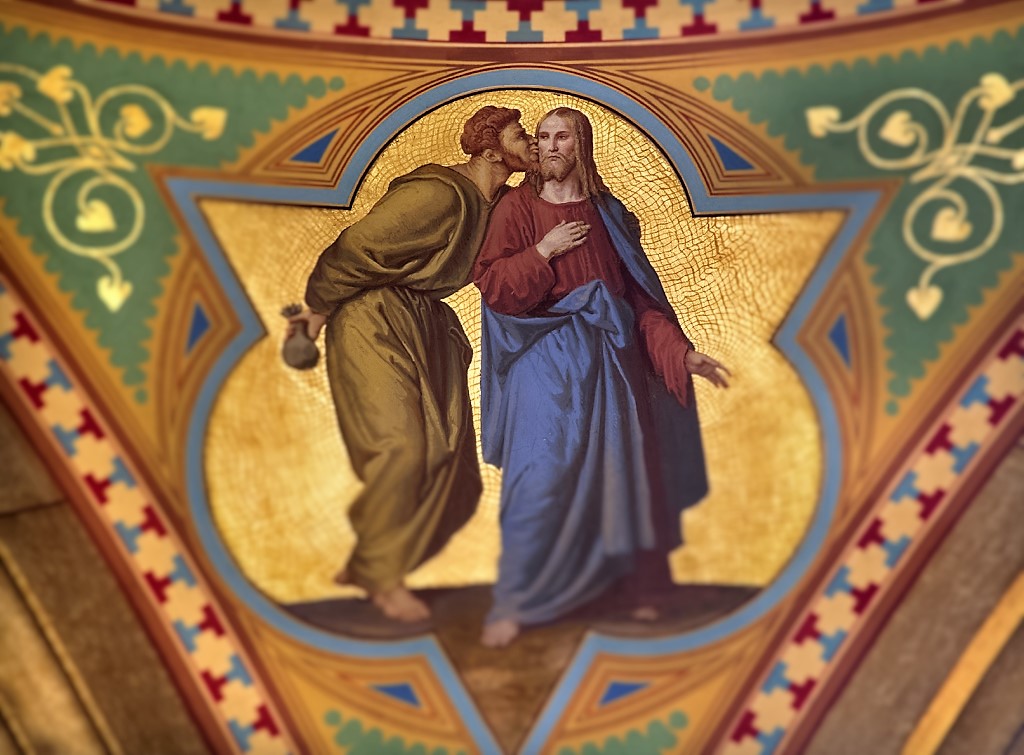How often do we take advantage of God’s merciful nature to say one thing and do another? We intend to say that Rosary each morning, but, well, God will understand if I just stop at a Hail Mary. At least I did that! We promise that we will not gossip, but then let a tidbit out and rationalize that we are only venting to a friend. We race through our day and fail to appreciate a blue sky, a field of flowers, or a healthy child, only to complain if something inconveniences us. We tell little “white” lies, cheat when “no one” will get hurt, and give only out of our surplus.
Every time we choose not to follow His commands, we betray His love for us, and we deny His authority.
Sometimes we like to use the examples of Judas and Peter to justify our own sinfulness. “Well, if he did that, and Jesus still forgave Him, then I’m not that bad.” Judas, unfortunately, relied upon his own understanding, and turned completely away from God. Peter, on the other hand, repented and found His new life in Christ.
So you have a choice: Do you continue to justify your own understanding of how you should live your life and betray what Jesus has asked of you, or do you deny your pride and your “old” self to find your new life in Him? Are you a Judas or a Peter?
And in the end, would you rather die because you ran away from Christ, or die because you followed Him?
Make a list. How do you betray or deny God, even in the smallest way, by your words, actions, or omissions?
Lord, please grant me the grace to be morally courageous in every way, never denying You in my thoughts, words, actions or omissions.
 After marrying her husband, Jim Roberts, in 1980, Cynthia Millen graduated from law school and practiced in Ohio for a short while. Excited about having a large family, Jim and Cindy were blessed more quickly than expected with the birth of five children in four years (two set of twins). Her love for reading and writing grew into the publication of several children’s books (under the name C. M. Millen), poems and short stories (including a 2014 Tuscany Prize winner). Millen earned her Masters in Literature from Trinity College, Dublin, and relishes the teaching (and learning) of reading, writing, and grammar with middle school students at Christ the King School in Toledo, Ohio. Most of all, she treasures attending Mass there with wonderful parishioners and truly marvelous priests. [This reflection is used by permission of CatholicMom.com.]
After marrying her husband, Jim Roberts, in 1980, Cynthia Millen graduated from law school and practiced in Ohio for a short while. Excited about having a large family, Jim and Cindy were blessed more quickly than expected with the birth of five children in four years (two set of twins). Her love for reading and writing grew into the publication of several children’s books (under the name C. M. Millen), poems and short stories (including a 2014 Tuscany Prize winner). Millen earned her Masters in Literature from Trinity College, Dublin, and relishes the teaching (and learning) of reading, writing, and grammar with middle school students at Christ the King School in Toledo, Ohio. Most of all, she treasures attending Mass there with wonderful parishioners and truly marvelous priests. [This reflection is used by permission of CatholicMom.com.]




